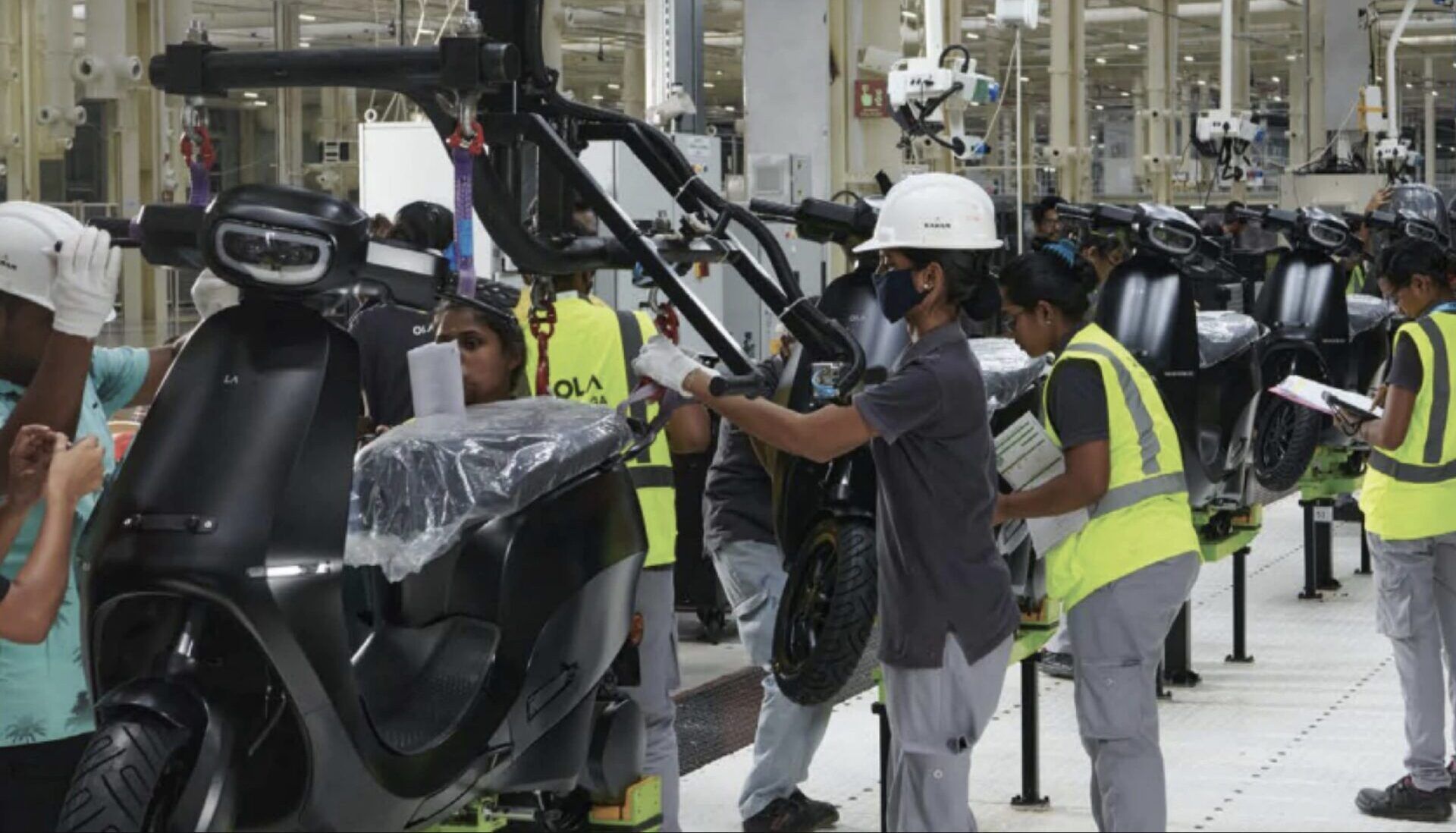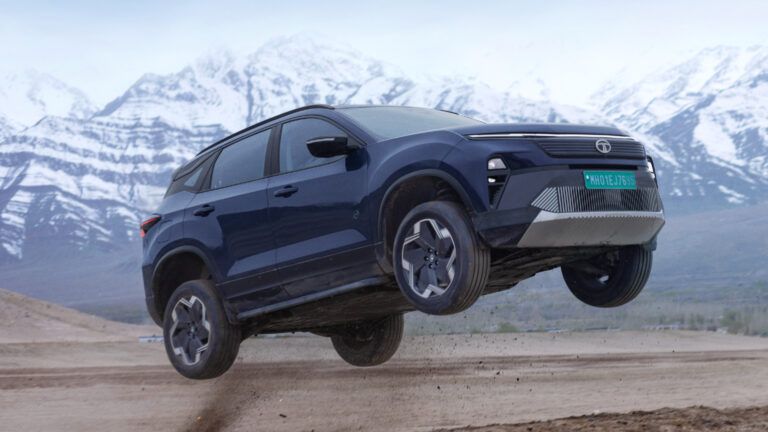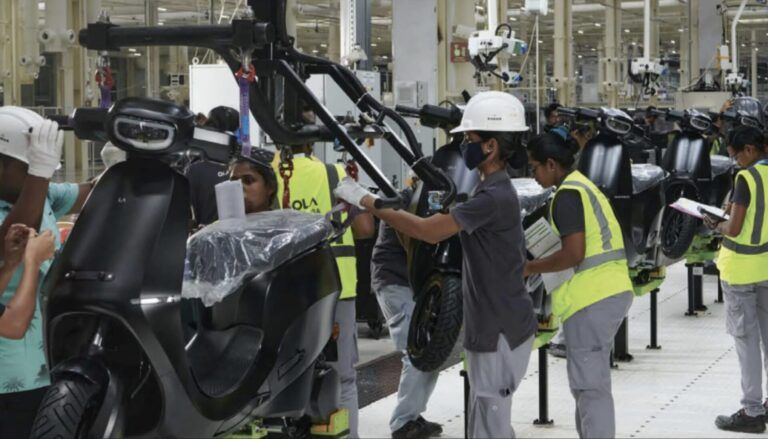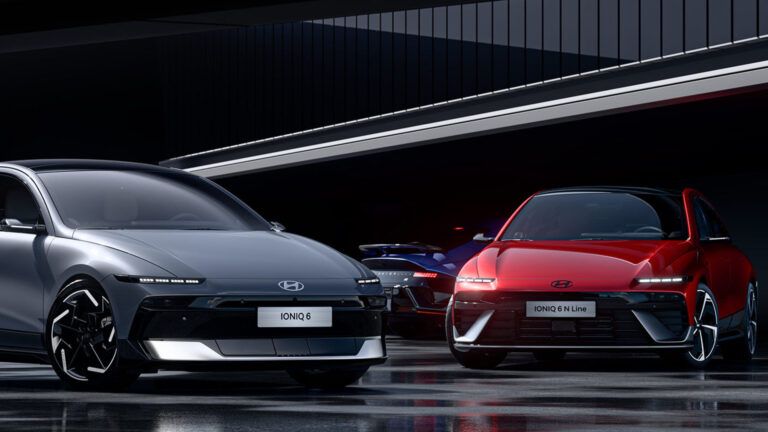India is steadfast in its transition to electric vehicles. A big role in this rising EV adoption in the country has been played by government policies. These encourage people to opt for EVs instead of fossil fuel vehicles. In a recent interview, Nitin Gadkari, Minister for Road Transport and Highways, reiterated this stance of the government. He also shed light on what’s more to come in India’s EV revolution. Gadkari predicted India to be the top automobile maker in the world soon. He added that the country will generate its own clean fuels like hydrogen and ethanol in the time to come.
Gadkari made the remarks at the Ideas of India Summit recently organised by the ABP Network. He highlighted that India spends about Rs 16 lakh crore on fossil fuel imports. He pointed out that this fuel even causes pollution when used. This makes it only natural for people to shift to an alternative that is cleaner and costs a lot less. He, thus, stressed that further transition to EVs is inevitable.
Hydrogen – Fuel of the Future
More importantly, the minister gave us a deeper understanding of how this EV revolution shall take place. He boldly claimed that “Hydrogen is the fuel of the future.” India’s “railways, trains, trucks, and buses will run on hydrogen fuel in the near future,” he mentioned. This hints that India might soon go big on fuel cell vehicles that use hydrogen as the primary fuel. This shall also replace direct charging of batteries through EV chargers. Such vehicles can be refuelled just like petrol or diesel ones within a few minutes.
Gadkari also mentioned another perk of using such a green fuel. He mentioned that such fuels as hydrogen and ethanol shall be generated within the country by farmers. “Farmers are producing not only food but also energy,” he said at the summit. With this, he envisions India creating its own fuel in the years to come instead of relying on foreign nations for fuel imports.
In his interview, Gadkari mentioned that he envisions India to be the top automobile maker in the world in the next 5 years. “There are about 400 startups in India working on electric vehicles today,” he said. As both EV penetration and exports grow, this industry is only going to get bigger in the next five years, he mentioned.








